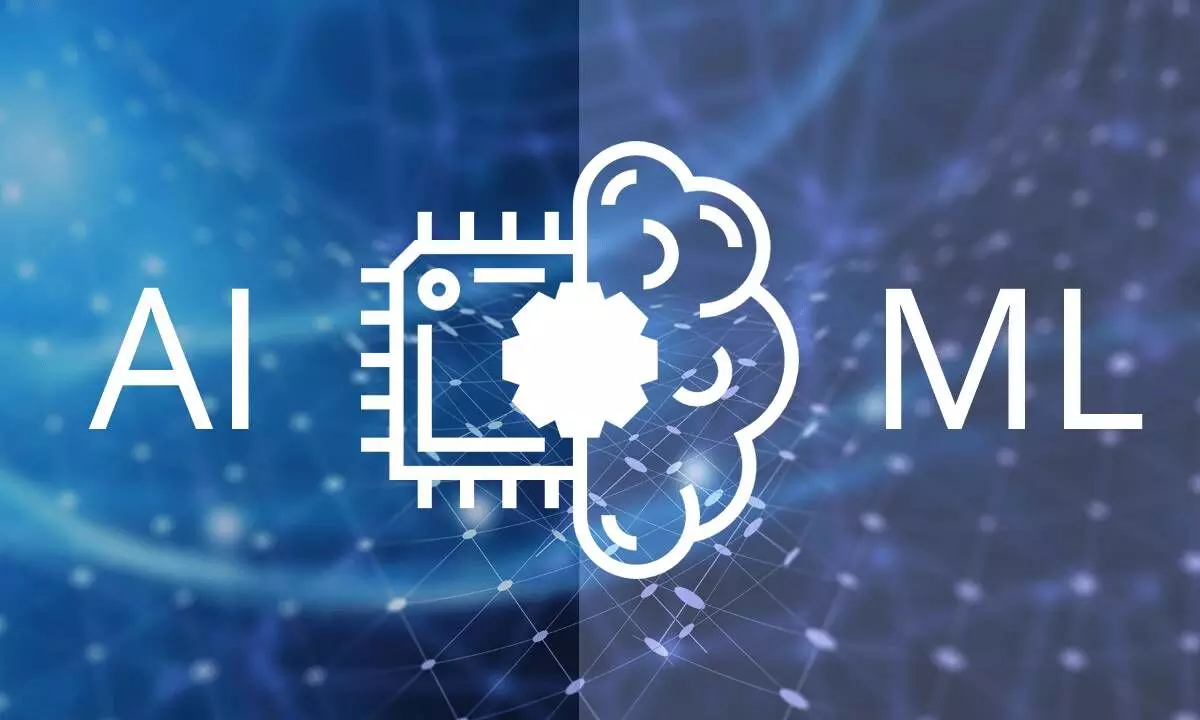The success mantra is in adopting AI/ML solutions
image for illustrative purpose

Indian companies, especially those who are in the manufacturing sector, are seemingly getting smarter by the day, which is evidenced by the prudent manner they are leveraging data in the post-Covid phase. Now most Indian enterprises are adopting advanced analytics and data-driven measures. As a matter of fact, with an increase in their volume of data, the industrial products and manufacturing sector tops in the adoption of AI/ML over the last two years. Companies using AI to model data are reaping the benefits and achieving business transformation. Endorsing this trend are the findings of a recent survey by PricewaterhouseCoopers (PwC) titled ‘Towards a smarter tomorrow: Impact of AI in the post-Covid era’, which suggests that almost 64 per cent of organisations in the industrial products and manufacturing sector are at an early stage of AI-based transformation journey, reflecting the boost to investments and growth. However, while overall there has been a considerable increase in AI adoption with scalable impact in terms of returns, the trends indicate that the travel and hospitality industry has reached a saturation point.
Even though technology, media, telecom, healthcare and pharmaceutical sectors have seen a steady progress, they are confronting challenges on returns vis-à-vis pre and post-Covid. Meanwhile, in comparison, the retail and consumer market has seen a six per cent decline in AI adoption due to a gap in identifying the potential amidst the changing market dynamics and erratic consumer behaviour. In a big contrast, the industrial products and manufacturing sector has seen a 20 per cent increase in adopting AI/ML solutions. The biggest gainers from AI adoption have been those into manufacturing and operations, supply chain, logistics, IT and cyber security. The retail and consumer industry has failed to identify the right use cases and measuring of RoI. Use cases in this sector are primarily in sales and marketing, customer service, and supply chain and logistics with 68 per cent, 52 per cent and 56 per cent of participants, respectively, reporting only a marginal to no improvements.
As regards technology, media and telecom sectors, there has been a nearly 15 per cent increase in the number of respondents on the use of AI/ML solutions. Given that it has become near-inevitable that in order to build a long-term competitive advantage they ought to stay in tune with innovations, many entities are piloting AI/ML solutions to investigate and measure their impact, and derive benefits. There was an almost seven per cent increase in such implementation at the pilot level in 2022-23, as compared to 2020. When it comes to healthcare and pharmaceuticals, travel and hospitality segments, only those companies that are using AI to model their data are achieving a healthy transformation. However, to truly differentiate themselves from the competition, leaders must also have a deep understanding of the risks around security, privacy, and accountability. Experts feel that going forward a three-pronged approach around identification of appropriate use cases, rigour of measuring and communicating RoI along with driving adoption and scale at the enterprise level using the framework of responsible and explainable AI will be critical.

